Canadian protesters refuse to end US border blockade as sit-ins spread
Canadian protesters opposing the government’s coronavirus restrictions and vaccine mandates have defied an injunction order to end a protracted blockade that has disrupted North America’s busiest land border crossing.
The order, issued by a Canadian judge to terminate the four-day-long blockade of the Ambassador Bridge in the central province of Ontario, came into effect late on Friday but about 200 protesters, including children, milled around the entrance to the bridge, waving Canadian flags, while others set off fireworks.
Police, who started to gather in a parking lot a few blocks away from the protesters, began handing out pamphlets that outlined penalties under Ontario's emergency order.
"Canada is supposed to be a free country," said Liz Vallee, a protester from Chatham, Ontario. "When that freedom is threatened, we must stand up."
Vallee stressed that the protesters would stay until all government-imposed pandemic curbs and mandates are lifted.
Superior Court Justice Geoffrey Morawetz issued the injunction earlier in the day following a request by Ontario’s auto industry associations and Windsor city authorities who said the blockade that started Monday was hurting their business.
The disruption also forced Ontario’s Premier Doug Ford to declare a state of emergency, threatening the protesters with legal measures, including fines and potential jail time for rejecting the government’s rules.
The "Freedom Convoy" protest movement began in the capital, Ottawa, last month against the recent vaccine mandate requiring truckers entering Canada to either be fully vaccinated or face testing and quarantine requirements.
Other protesters have joined to rail against mask mandates, lockdowns, restrictions on gatherings and other COVID-19 preventative efforts.
The protest movement has spread across the country ever since, with drivers occupying areas outside government buildings in the capital city as well as three border crossings with the United States. The blockaded land terminals include Ontario's Ambassador Bridge, North America's busiest land border crossing, and a choke point for Detroit's carmakers.
Canadian Prime Minister Justin Trudeau said on Friday that all options are on the table to end protests across the country by truckers, adding that Canadian banks were monitoring financial activity related to the funding of the protests and taking necessary action.
In a phone conversation, Trudeau also promised US President Joe Biden "quick action" to enforce the law against the protesters blocking the US-Canada bridge.
The officials, a White House statement alleged, "agreed that the actions of the individuals who are obstructing travel and commerce between our two countries are having significant direct impacts on citizens' lives and livelihoods."
Anti-vaccine mandate protesters swarm Australian capital
Inspired by the Canadian truckers’ protest, thousands marched through the Australian capital to the parliament building on Saturday to decry Covid-19 vaccine mandates.
The mass protest, the latest in a string of rallies against pandemic restrictions around the world, saw demonstrators — 10,000 by police estimates — packing Canberra's streets and the outside of the parliament, with some holding signs and waving Australian national flags.
The protesters (pictured below), many with children, rallied under bright skies brandishing banners proclaiming "Fight for Your Freedom & Rights", "Free Aus Freedom Now", or "No forced drugs" written above a symbol of a syringe.
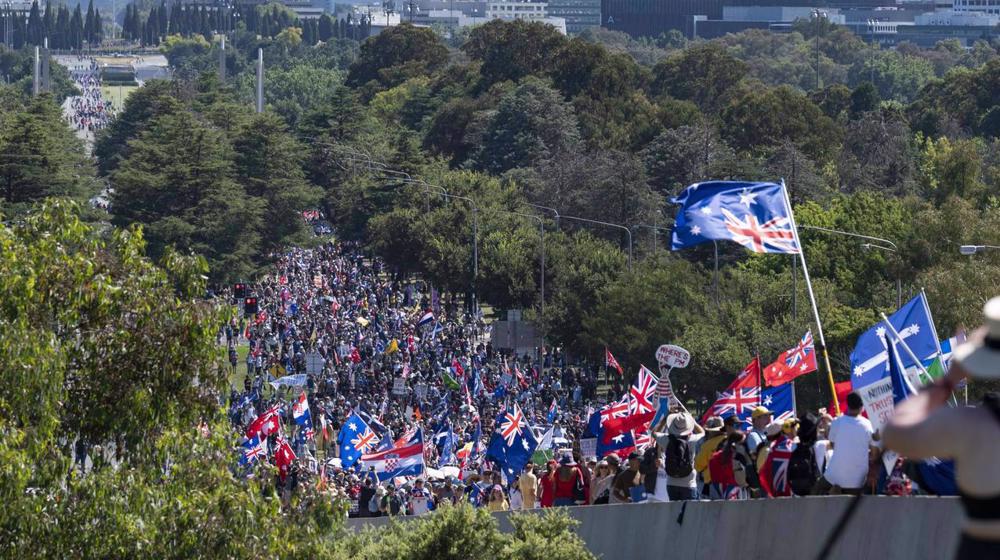
Media reports said three people were arrested, including one man who drove his truck through a roadblock. Two others were taken into custody for a breach of the peace.
Australia says 94 percent of people aged over 16 have had at least two Covid-19 vaccinations.
Though getting the jab is voluntary, it is generally required for people entering the country and for those working in a range of professions deemed at particular risk such as caring for the elderly.
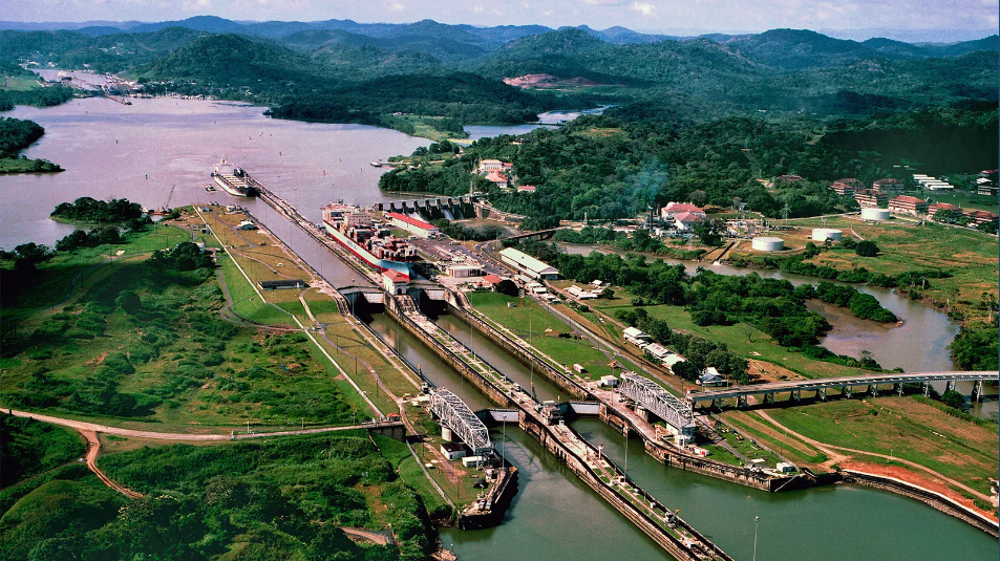
Panama rejects Pentagon chief's idea of US bases on its soil
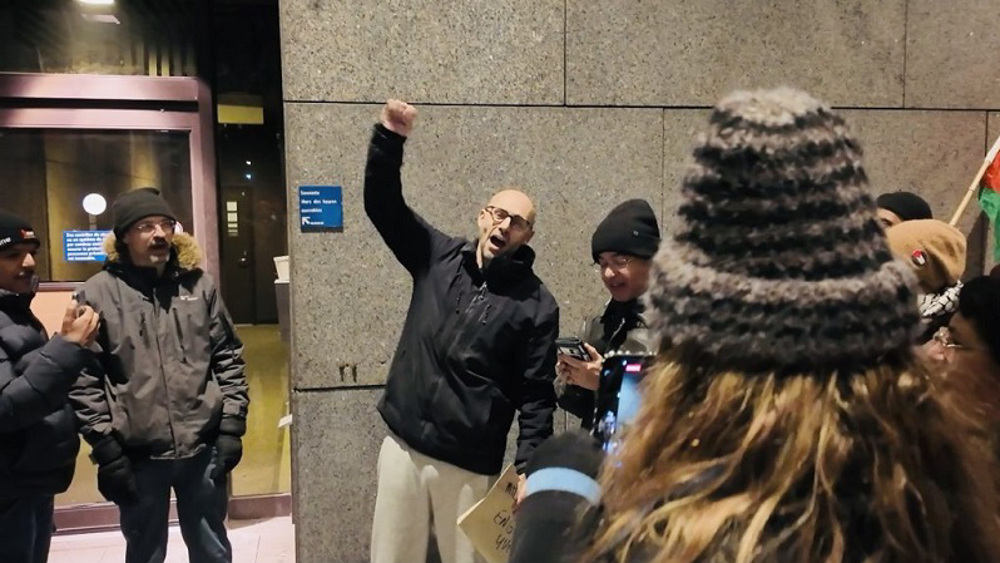
Canadian Zionist Lawfare against opponents of Gaza genocide
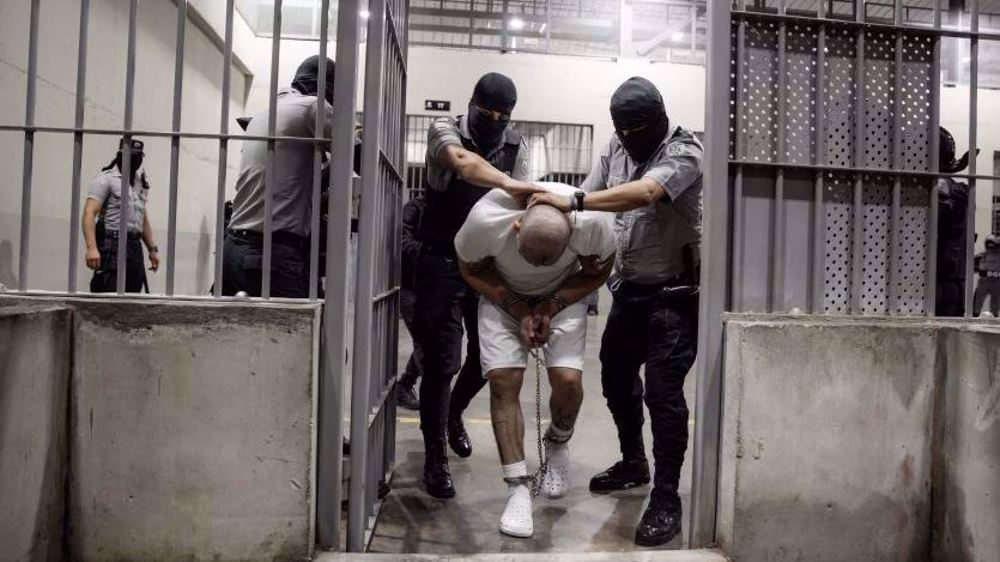
Trump sends more migrants to El Salvador prisons despite court dispute
China supports Iran-US indirect talks, defends Tehran's nuclear right
VIDEO | Gaza’s dire conditions hit unprecedented levels
VIDEO | Press TV's news headlines
VIDEO | Pakistan’s business and cultural front unites for Gaza: Nationwide shutdown, boycott announced
US jets carry out more aggression against Yemen
Syrian militants enslaving Alawite women in Idlib governorate: Report
VIDEO | US pro-Palestinian campus protest
VIDEO | Palestinian civil defense rejects Israel’s probe and exposes the crime


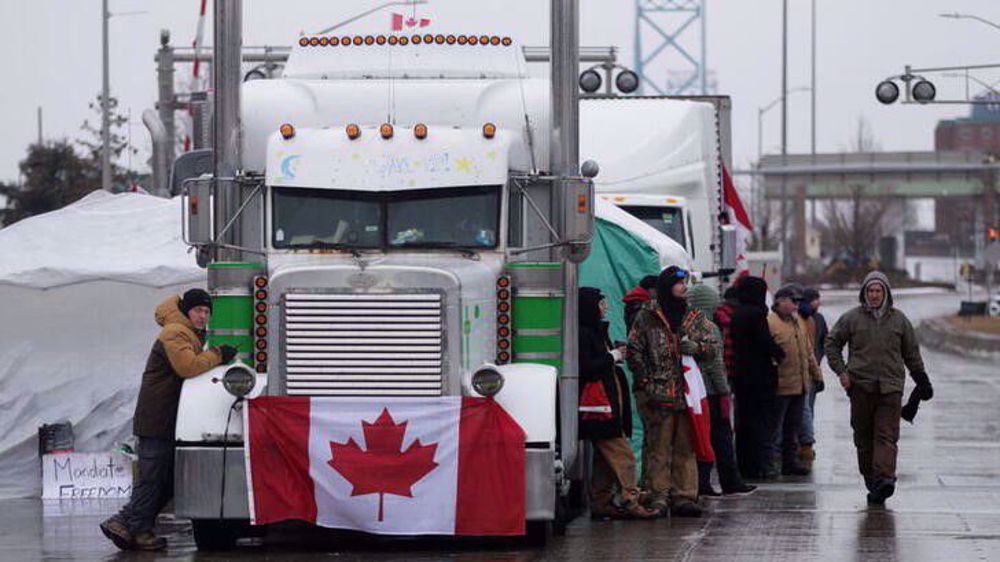
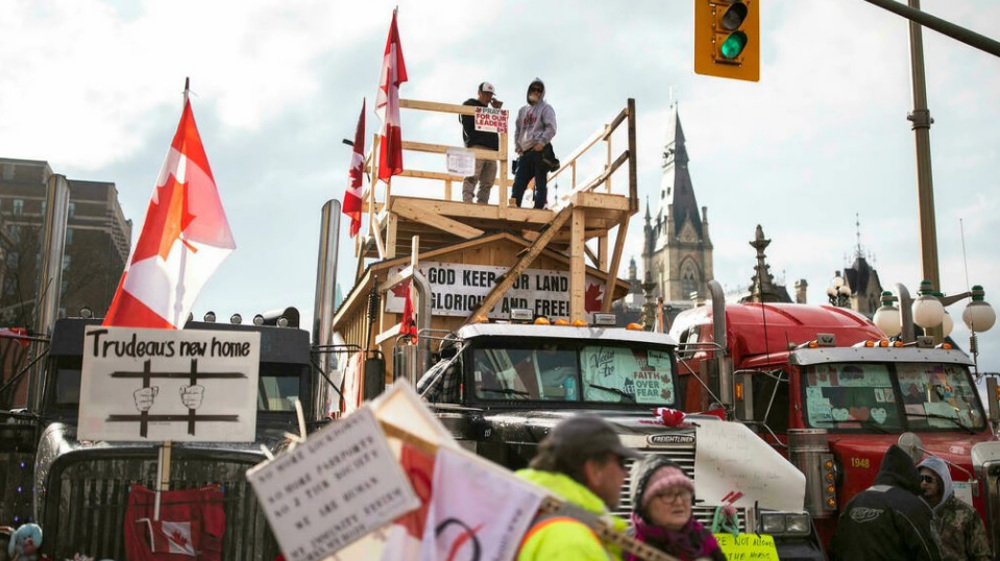
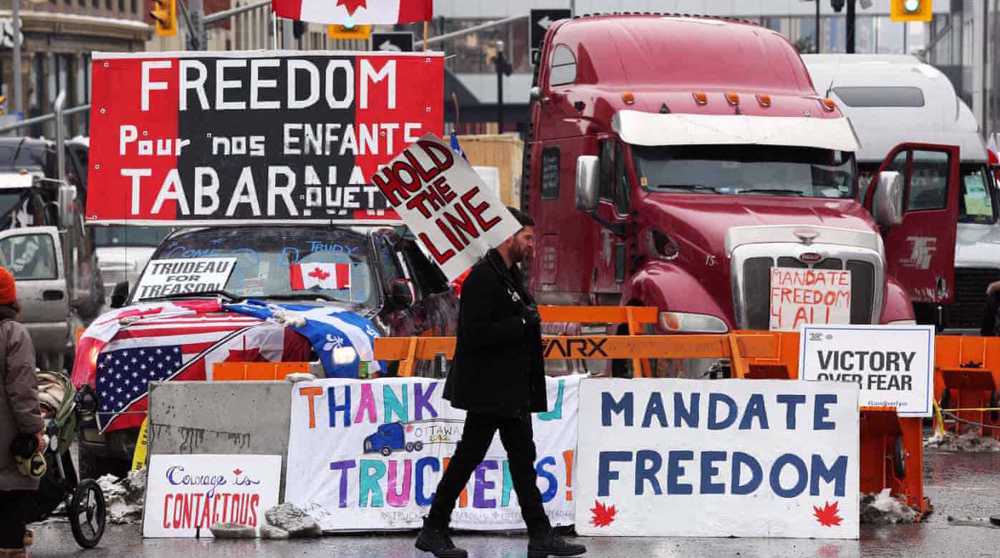




 This makes it easy to access the Press TV website
This makes it easy to access the Press TV website